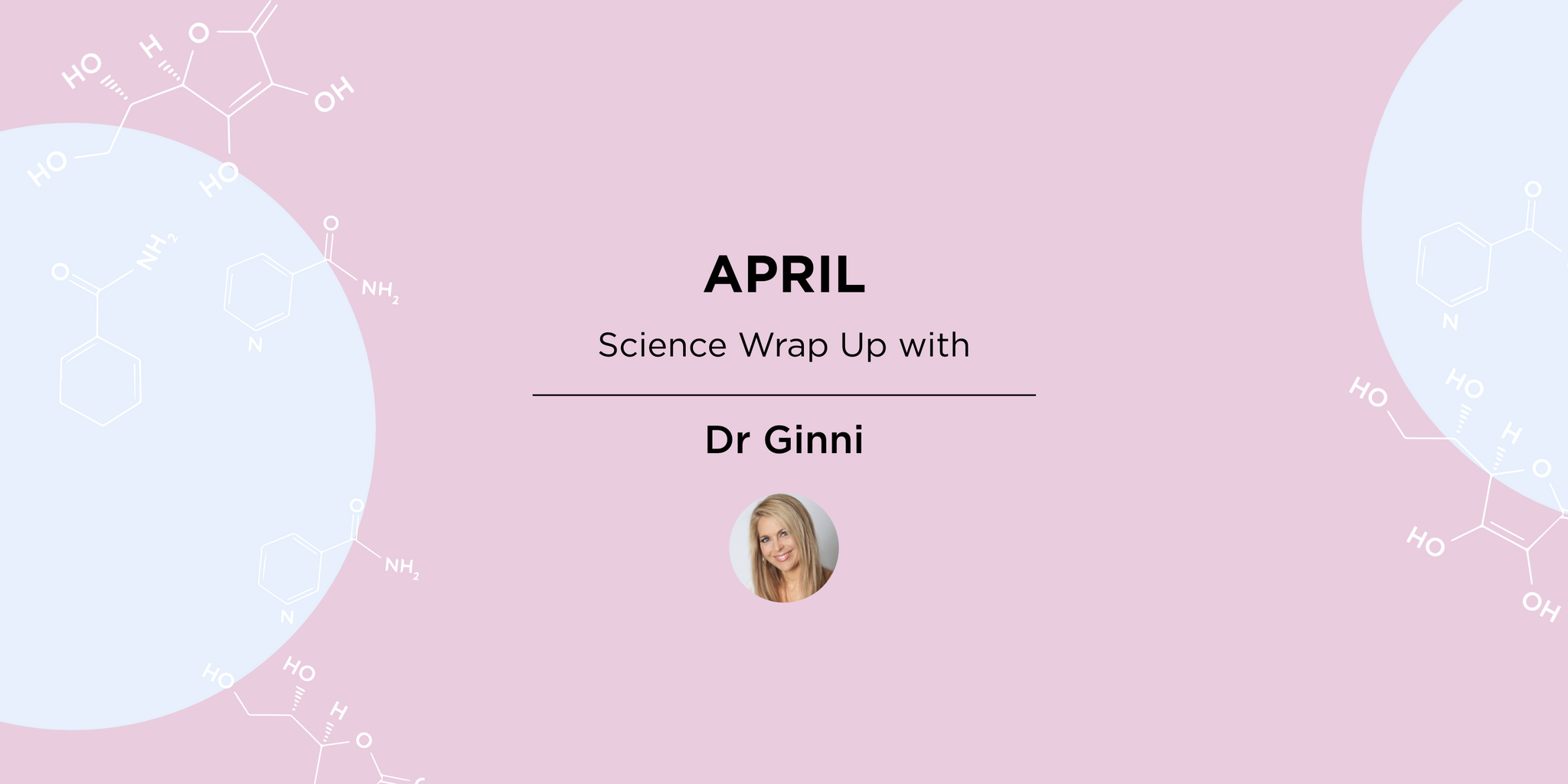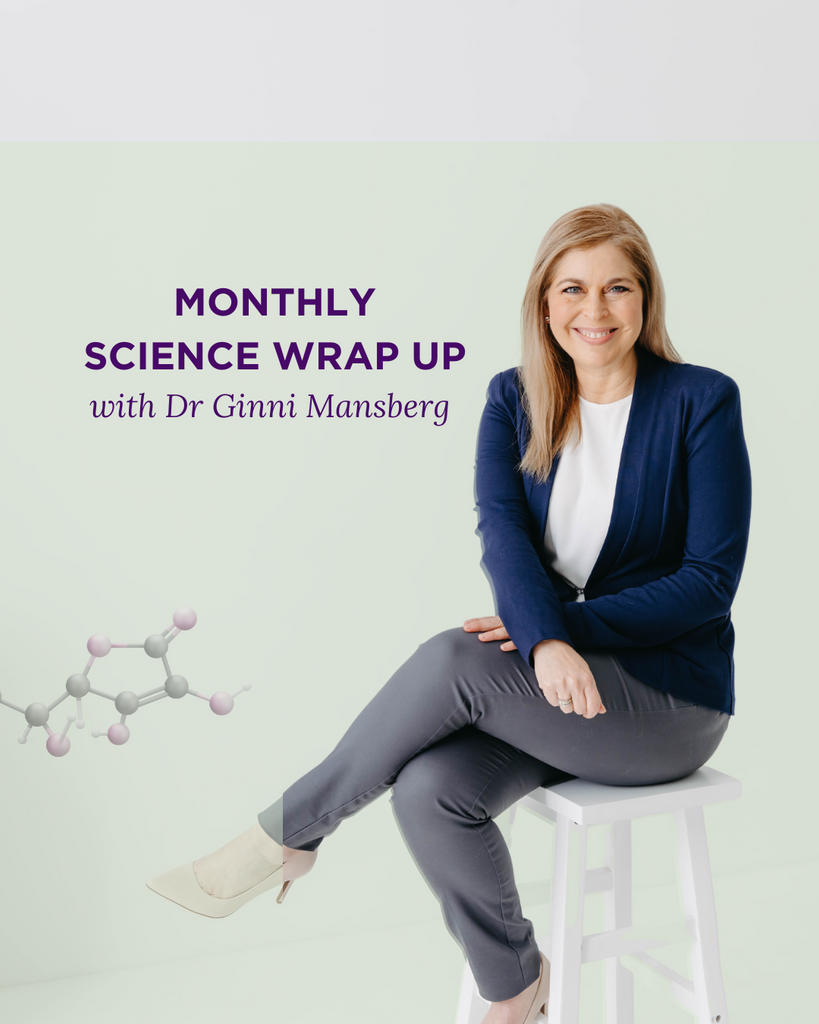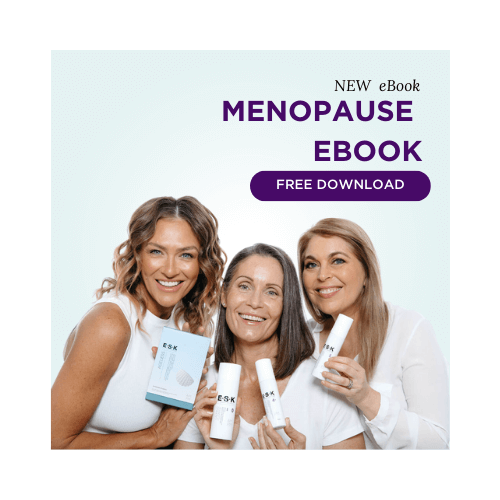
Happy rosacea awareness month!
If you are part of the lucky ten to twenty percent of Australians, Brits or Americans (like me) to have rosacea, at least this month allows us to connect and feel heard.
This month saw a nice bunch of new studies on rosacea for me to chew over. From diets to health consequences of rosacea to which skin care ingredients to have in your cupboard, this month’s science wrap has it all!
On the 29th of this month we will have our very first event.
We are SO excited to be meeting so many our beautiful community and also to welcome new people in!
The goodie bag alone is INCREDIBLE!! Plus, we’ll be talking about a product relaunch that will be of enormous interest to rosacea sufferers!
I can’t spoil the surprise but there’s a BIG HINT in our second journal article!!
Rosacea and your health
We’ve been talking for a while in the science wraps about the links between psoriasis and bad health outcomes.
But it seems the same might be true of people with rosacea.
In a new Turkish study published in the Journal of Cosmetic Dermatology, it seems people with rosacea have a higher rate of metabolic syndrome (which is a combo of nasty cholesterol, diabetes or prediabetes, obesity and high blood pressure), high blood pressure alone, and high C-reactive protein levels which are a measure of inflammation in the body.
What didn’t matter was what type of rosacea you had. Nor did the disease severity.
My message?
If you have rosacea, go and get a general check up from your GP.
And the need for us to stick to a good diet and to get our bums off our chairs and exercise is higher!
Best skincare ingredients for rosacea in people from Asian backgrounds
We always think of rosacea as a white person’s issue.
So untrue.
But because some of the hallmarks of rosacea like redness and telangiectasia (prominent blood vessels) are harder to spot in skin of colour, it is probably much commoner in skin of colour than we used to think.
In a new review published in the Journal of Drugs in Dermatology, focusing on rosacea in Asian skin, a panel of Asian dermatologists both reviewed the evidence from other studies and gave their opinions based on their experience.
What stood out to me was the fact that Asian people have more sensitive skin than other people and a poorer skin barrier function.
Meaning that for Asian people with rosacea, expect more burning, sensitivity and dryness. As the authors pointed out, that means skincare is super important.
The authors voted for skincare with ceramides (number one), and niacinamide and panthenol (number 2). The panel warned against soap, AHAs, retinol (Note! NOT retinal), traditional soaps, and keratolytics.
Best diet for rosacea
Getting objective evidence to support any specific diet for improving rosacea is a bit difficult.
But there’s growing evidence that a disrupted microbiome can make rosacea worse, and a high fibre diet (pre-biotic) diet may prevent flare ups.
Meanwhile anecdotally, elimination diets with the objective of removing foods and drinks that cause flares have been reported to work.
In a survey of over 400 patients by the National Rosacea Society, 78% of people with rosacea said they’d altered their diet due to rosacea.
Of that 78%, a whopping 95% said modifying their diets had reduced their rosacea flares.
Foods that reportedly cause flares fall into four general categories: hot foods, spicy foods, alcohol and cinnamaldehyde-containing foods.
Cinnamaldehyde is a substance that is found in foods like tomatoes, citrus, cinnamon, and chocolate.
The authors said that while we don’t have conclusive scientific evidence that this strategy works, it’s unlikely to cause any harm and doctors should suggest it as an adjunct to traditional treatments.
Adjunct - not replacing proper treatment and skincare!
See you next month!

